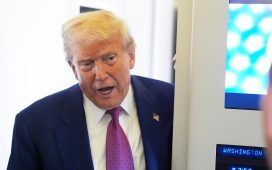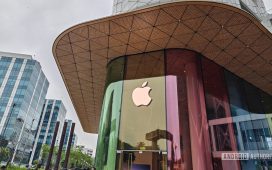Prospecting: Key Moves from National Auto Brands.
Subaru of America is hiking prices on several models, the company said this week, the latest automaker to pass along cost increases to consumers as their expenses rise from President Trump’s tariffs. Subaru said in a statement that the increases were made in response to “current market conditions,” without citing tariffs or specific price actions. “The changes were made to offset increased costs while maintaining a solid value proposition for the customer. Subaru pricing is not based on the country of origin of its products,” the company said in a statement.
Nissan may have found a potential lifeline in Toyota as it battles mounting debt, declining sales, and a failed merger attempt with Honda. According to Japanese outlet Mainichi, a Toyota executive has reached out to Nissan about a possible partnership that could see Toyota backing its struggling rival through a major restructuring. “If we don’t take action now, the situation will only get worse,” Nissan President Ivan Espinosa warned during a May 13 press conference.
The 2026 Toyota RAV4, the next generation of the bestselling nameplate in the automaker’s U.S. and Canadian lineups, will follow the Camry in ditching a combustion variant in favor of an all-hybrid strategy. The redesigned two-row compact crossover made its global debut May 20 before hundreds of journalists and dealers gathered here near Toyota’s North American headquarters. Built on the same platform as the Camry, the 2026 RAV4 gets boosted power and safety plus new trim levels and infotainment systems. Thanks to the launch of the automaker’s new Arene software platform, the RAV4 will debut an upgraded suite of standard safety and driver-assist features called Toyota Safety Sense 4.0.
A major Japanese automaker is backing away from an investment in battery-electric vehicles to refocus car production on hybrid models as consumer demand switches to more traditional powertrains. Mitsubishi says it is backing out of a $225 million investment in Renault’s BEV specialist business unit, Ampere, as it shifts away from a technology that consumers see as too expensive and inconvenient in terms of inadequate public charging infrastructure in many nations. However, it says it will continue to develop new cars based on Renault models.
Stellantis announced it is bringing a Mopar “megahub” parts distribution facility to metro Detroit in Van Buren Township. The automaker, which owns the Chrysler, Dodge, Jeep, Ram and Fiat brands, announced May 21 it would bring a “state-of-the-art” Mopar parts distribution center to a site just north of Belleville and east of Ypsilanti. Stellantis said the facility, to open in 2027, would support “approximately 488 UAW-represented jobs.” The union expressed concern that’s fewer jobs than the total employment at four shops being consolidated into the new site.








